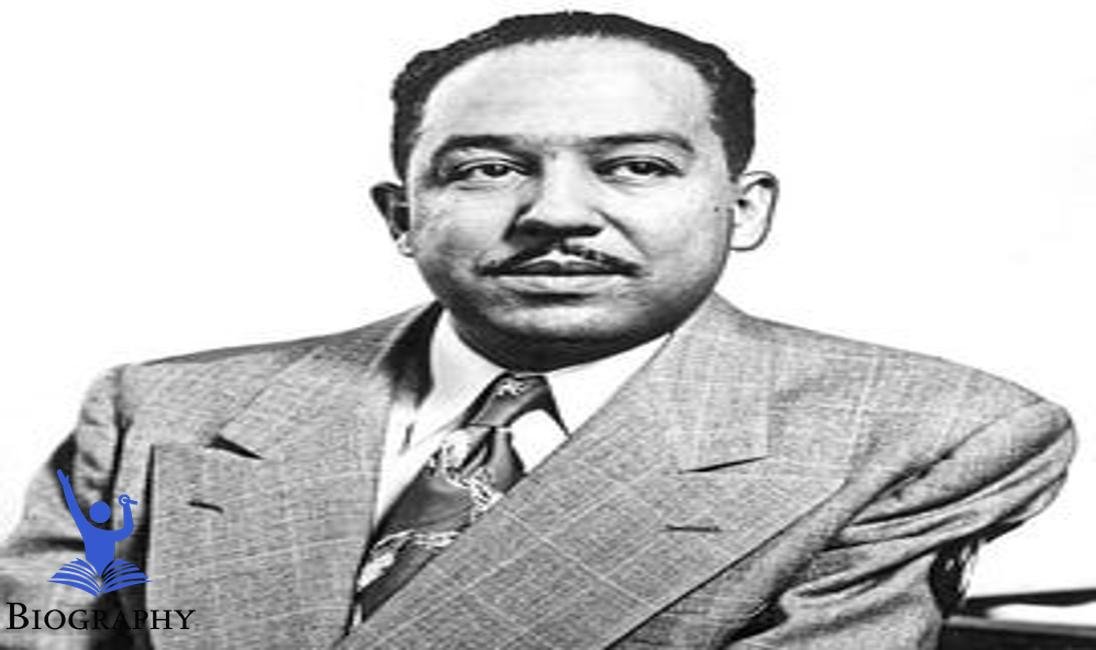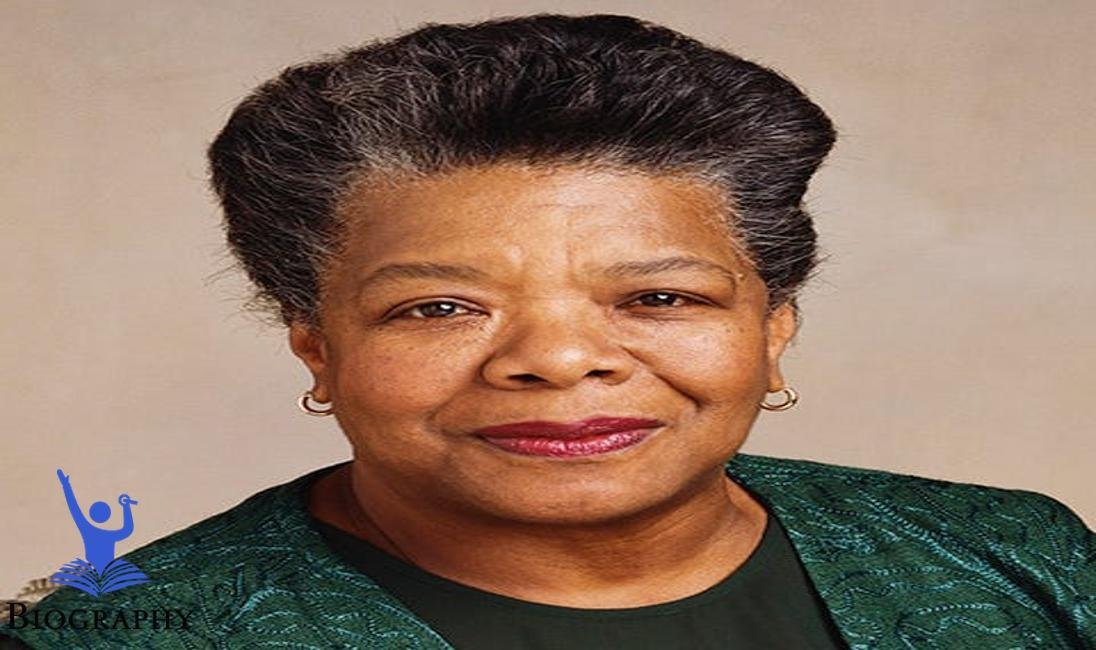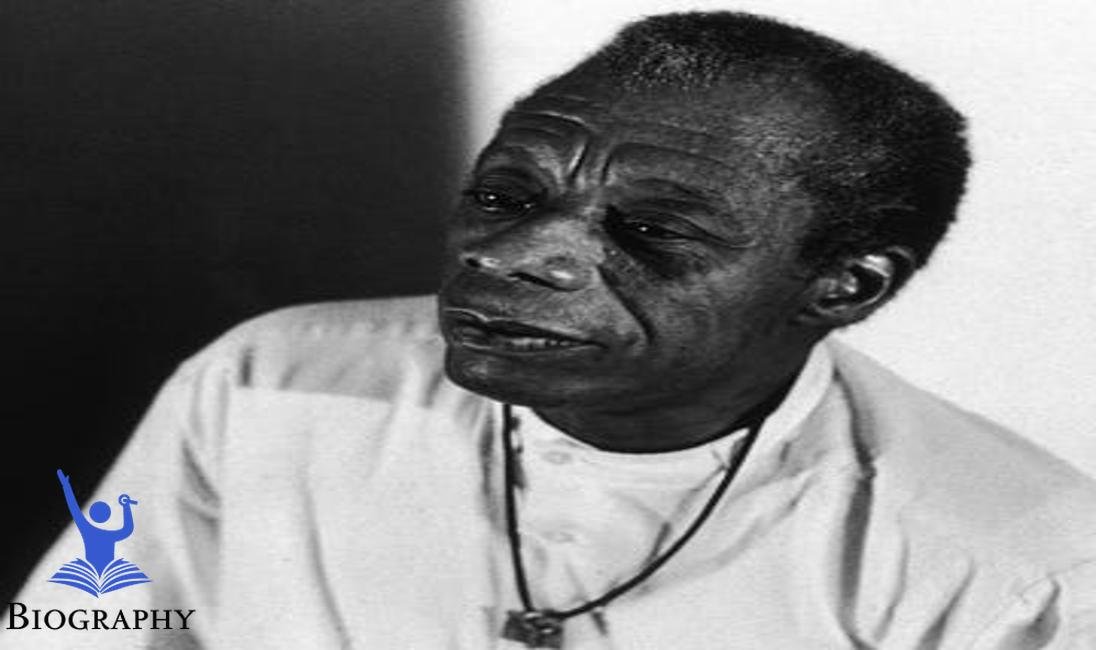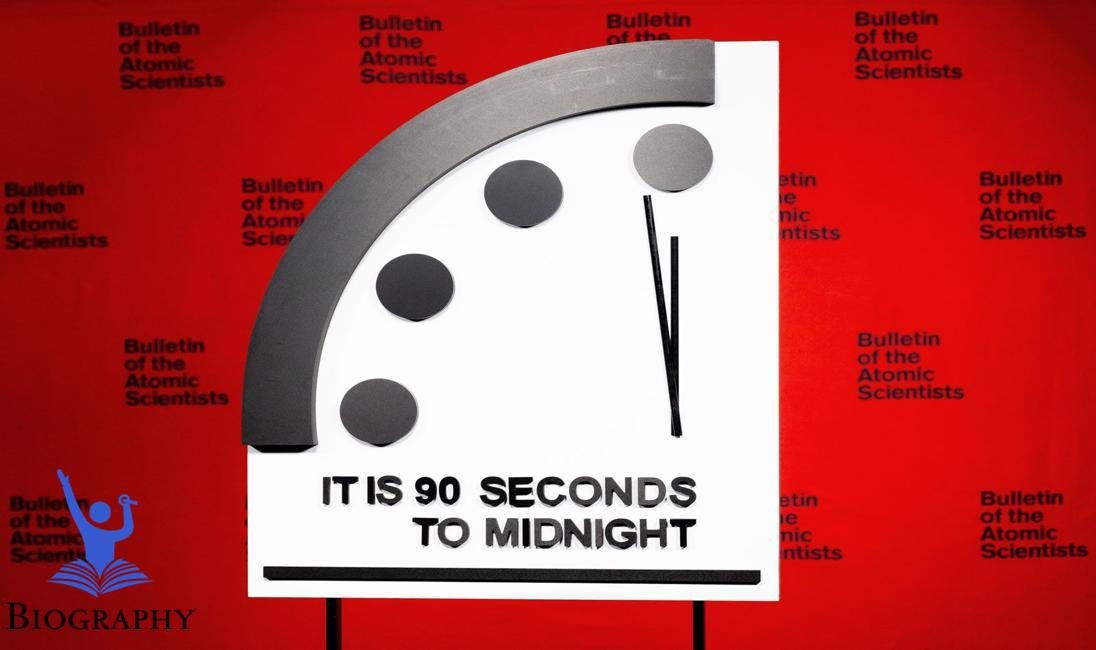Now Reading: Langston Hughes | Biography,poet, born,career,Facts & wiki
-
01
Langston Hughes | Biography,poet, born,career,Facts & wiki

Langston Hughes | Biography,poet, born,career,Facts & wiki
Langston Hughes: A Biography
Quick Facts About Langston Hughes
| Attribute | Details |
|---|---|
| Age | 65 years (deceased) |
| Weight | 154 lbs |
| Height | 5 ft 10 in |
| Original Name | James Mercer Langston Hughes |
| Eye Color | Brown |
| Children’s Names | None |
| Birthdate | February 1, 1902 |
| Spouse | Not married |
| Home | Harlem, New York |
| Hometown | Joplin, Missouri |
| Origin | African American |
| Exes | None |
| Brand Ambassador Roles | None |
Early Life and Family
On February 1, 1902, Langston Hughes was born into the world in Joplin, Missouri. He was the only child of James Nathaniel Hughes and Carrie Langston Hughes. His father, an effective financier, left when Langston was a small boy. Carey often had a busy career, and Langston was raised primarily by his grandmother, Mary Langston, in Lawrence, Kansas. This atmosphere affected both narrative and verse in his early sessions.
From the beginning, Hughes loved to read and compose. Inspired by the verse of Paul Lawrence Dunbar and Frederick Douglass, he was introduced to the richness of African American writing. Hughes’ legacy played a key role in shaping his character and his scholarly voice. With a sense of contentment so prominent in his lifestyle, he began to look at the themes of race, war and faith that characterize his work
Early Career and Struggles
After high school, Hughes moved to Mexico and briefly lived with his father. Anyway, the relationship soured, and Hughes returned to the United States, eventually being selected to attend Columbia College in New York. Here he faced challenges. Even though he went to a top college, he fought to be comfortable in a mostly white climate.
Hughes dropped out after just one year and still hasn’t abandoned his fantasy of turning into a scriptwriter. He picked up a variety of random temporary jobs, including filling in as a waitress at a hotel, where he immediately jumped at any opportunity to share his verse This Time he faced racial prejudice and economic warfare, but composed sonnets reflecting the African American experience We and
Rise to Stardom
Hughes’ big break came in 1926 with the distribution of his most memorable verse book, “The Fatigued Blues,” which showcased his unique voice. His style was influenced by jazz and he used the rhythms and blues of African American culture. This book gained attention, Hughes was seen as a key figure during the Harlem Renaissance, as social progress looked at African American crafts, writing and music
The Harlem Revolution gave Hughes a platform to talk about his experience and explore individual races through his music. His passage reflected the struggles and goals of African Americans in many ways. Perhaps his most famous work, “The Negro Discuss Streams,” delivered when he was only 17, focused on Hughes as a writer capable of depth and understanding
Success
Through his career, Hughes produced a wide range of works, including plays, letters and books of verse. Among his highlights is the 1930 play “Mulatto,” which was groundbreaking in its portrayal of racially diverse characters. Hughes’ masterpiece, “The Tired Blues,” won the prestigious Hormone Transfer Grant, which saw him as an important voice in American writing.
Hughes’ scholarly commitments also extended to music, as he collaborated with jazz musicians and incorporated jazz rhythms into his verse His 1943 version of “The Dreamkeeper” further cemented his legacy through Africa on his advocacy of American fantasy and war. He traveled extensively and was known to read, engaging the masses with his music and strong message delivery.
Failure
Despite his many successes, Hughes faced disasters throughout his career. He frequently drew scrutiny from the white crowd and a few African-American scholars who examined his vernacular jazz influences and Hughes’s political views and connections to liberal rallies during the Red Alarm of the 1950s greatly, with accusations of Socialism arose These difficulties tried to aim at, however, because social change does not deter him from his main objective of joining craftsmanship.
Similarly, Hughes had financial battles during the financial crisis of the early 20s, which tried to help his composing career. However, his strength gave him perseverance as he changed his career to suit the times. He remained dedicated to his cause, using his foundation to address social problems and support social liberties.
Television Career
Sometimes along the way, Hughes toured TV and dabbled in composing and improving content for various projects. He hosted a series called “The Langston Hughes Show,” which allowed him to connect with a wider public and offer some of his knowledge of African-American culture and his TV show commanded his work by those he knows easily, essayists, artists and inspire another time.
Humanitarian Work
Langston Hughes was not just a writer; He was also deeply committed to civil rights and compassionate causes. She spent her specialty addressing and fighting prejudice, need, and social inequality. Hughes jumped into opportunities to support social freedom and government support for African Americans, pushing for equality and equity through his verse and public speaking
He was active in directing and empowering associations for African American craft and writing development to work on African American life His belief in the power of human expression to influence social change is central to in his life and career, through both his compositions and performances he strove to uplift the community
Personal Life and Controversies
Langston Hughes never married or had children, allowing him to devote his life to his music and acting. Although his emphasis on work enabled him to achieve many things, it also encouraged a solitary lifestyle to some extent. Despite being a public figure, he talked about his life privately.
For a long time, Hughes faced controversy over his political beliefs and associations. As described, he was seen in the Red Scare, and for some, it overshadowed his legacy. Regardless, Hughes remained courageous in his research and enthusiastically lectured on insights into the African American experience
Legacy / Awards
Langston Hughes died on May 22, 1967, but his legacy lives on. He has been hailed as one of the most interesting American writers of the twentieth century and critical of the Harlem Renaissance. His work remains central to writing, featured in schools and valued by critics around the world. Hughes’ research on issues such as race, versatility, and the human race advanced American writing and had a profound impact on the future of scholars and experts
During his lifetime he received various honors for his commitment to writing and social liberation, recalling the NAACP Spingern Award in 1960. Today, Langston Hughes is recognized as the Goliath in American culture, his voice in verse music, and… his constant fight for equality and perfection. His legacy as a writer, essayist, and advocate of African-American culture makes him a passable figure in American writing and then some.







































